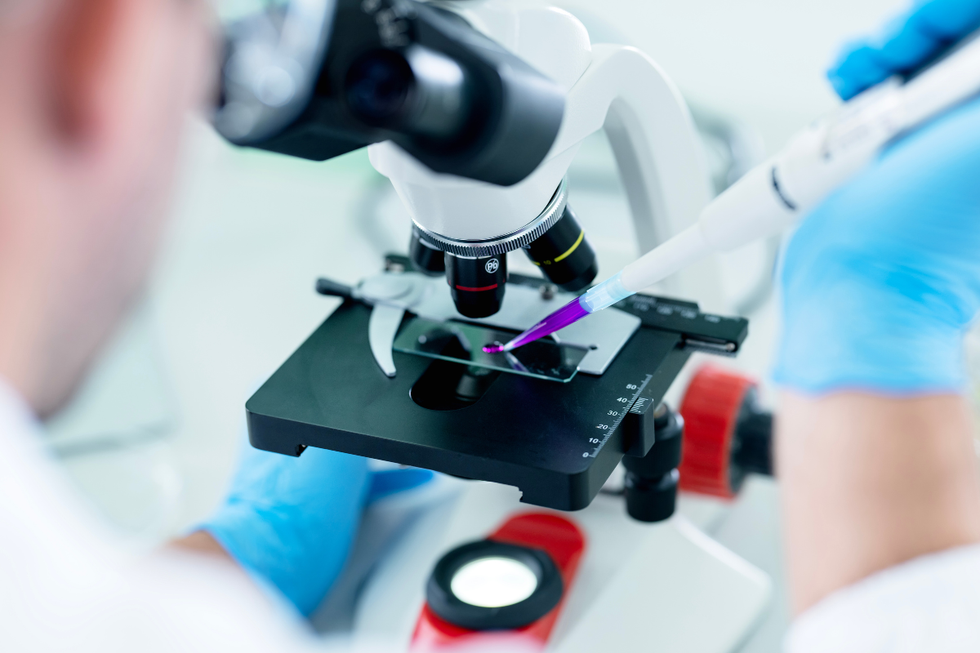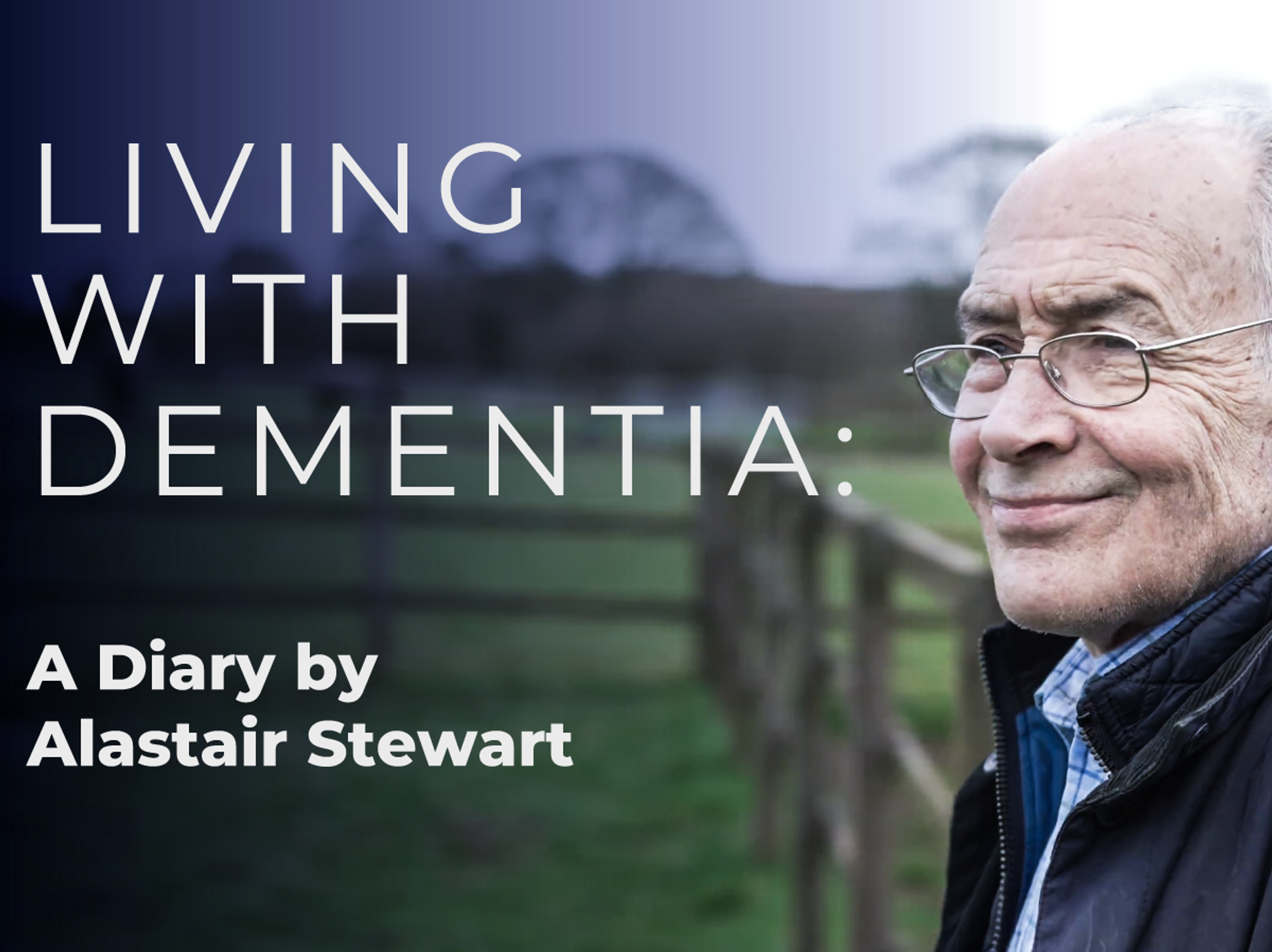Cutting-edge cancer drug boosts chemotherapy efficacy - and can be administered at home
Chemotherapy can fail when a specific group of immune cells builds protective shields around tumours
Don't Miss
Most Read
A revolutionary cancer treatment could transform how tumours respond to chemotherapy, including those that have developed resistance to conventional therapies, new findings suggest.
The innovative drug, KCL-HO-1i, functions by dismantling a crucial protective mechanism that cancerous growths employ to evade treatment.
Researchers from King's College London have established Aethox Therapeutics, a spinout enterprise, to advance the medication's development.
**ARE YOU READING THIS ON OUR APP? DOWNLOAD NOW FOR THE BEST GB NEWS EXPERIENCE**

Chemotherapy can fail when immune cells build protective shields around tumours
|GETTY
Chemotherapy can often fail because a specific group of immune cells create protective barriers around cancerous growths.
These white blood cells, called macrophages, position themselves around blood vessels within tumours and prevent beneficial immune cells from penetrating the cancer site.
The macrophages produce a substance called heme oxygenase-1, or HO-1, which acts as a shield against both the immune system and chemotherapy drugs, allowing tumours to keep a hold of their defences against treatment.
KCL-HO-1i specifically targets this protective protein, disrupting the tumour's defensive properties. By neutralising HO-1, the medication allows immune cells and chemotherapy agents to reach and attack cancer cells more effectively.
LATEST DEVELOPMENTS
The medication can be administered orally at home between hospital chemotherapy appointments, eliminating the need for additional clinical visits.
Professor of Experimental Cancer Medicine at KCL Professor James Spicer said: "Chemotherapy remains a key part of treatment for many patients with cancer, but too often it is not as effective or long-lasting as we might like.
"This research has identified a key reason for these limitations, and discovered a drug that we are keen to test in the clinic alongside established chemotherapy drugs."
Initial experiments using mouse models of breast cancer have yielded encouraging outcomes. The research, funded by Cancer Research UK and the Medical Research Council, showed that KCL-HO-1i enhanced tumour sensitivity to various standard chemotherapy drugs.

The medication can be administered orally at home between hospital chemotherapy appointments
|GETTY
These findings indicate potential applications across multiple cancer types and treatment protocols. The research team anticipates that human trials could commence within two years, pending appropriate funding.
Professor James Arnold, who leads the Tumour Immunology Group at King's College London, explained: "We discovered that these macrophages in cancer play a key role in blocking chemotherapy.
"By targeting the enzyme they produce using KCL-HO-1i, we were able to help beneficial immune cells and chemotherapy drugs become significantly more effective.
"In laboratory models, even chemotherapy-resistant tumours became responsive to treatment, which is a really exciting step forward."











